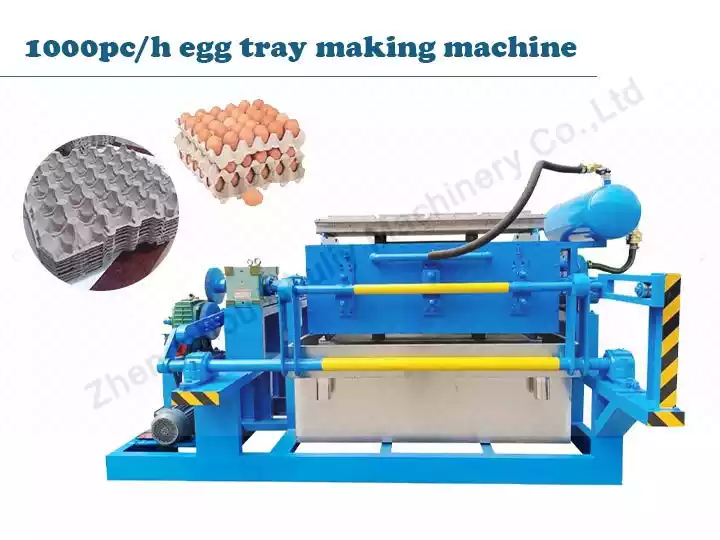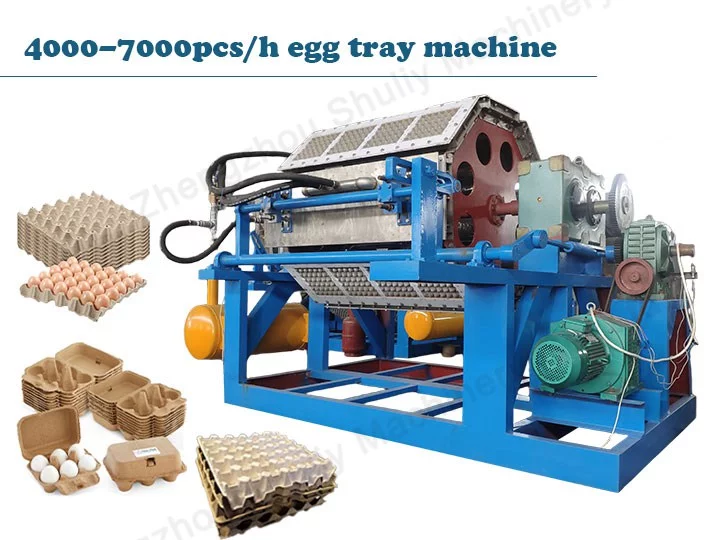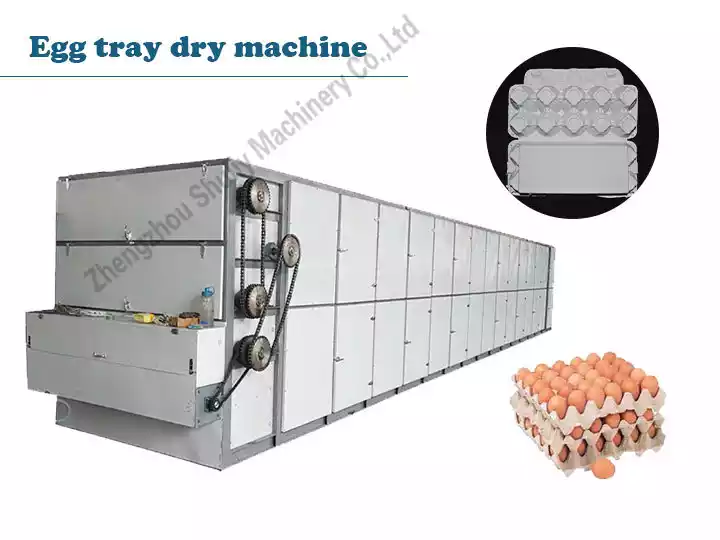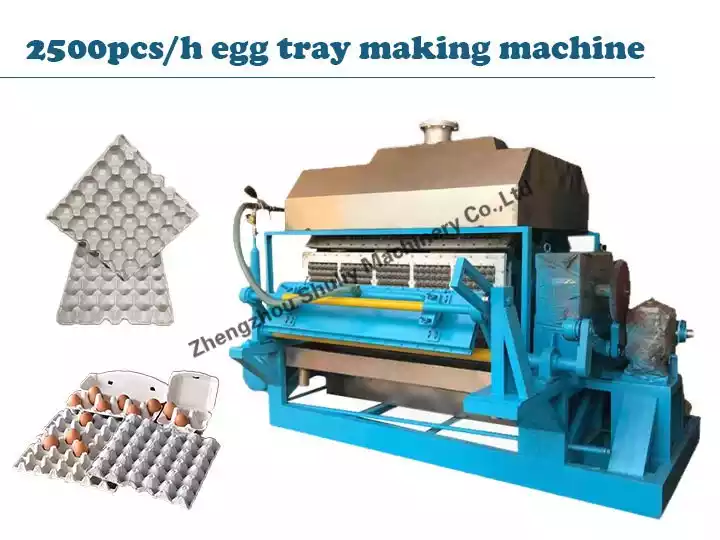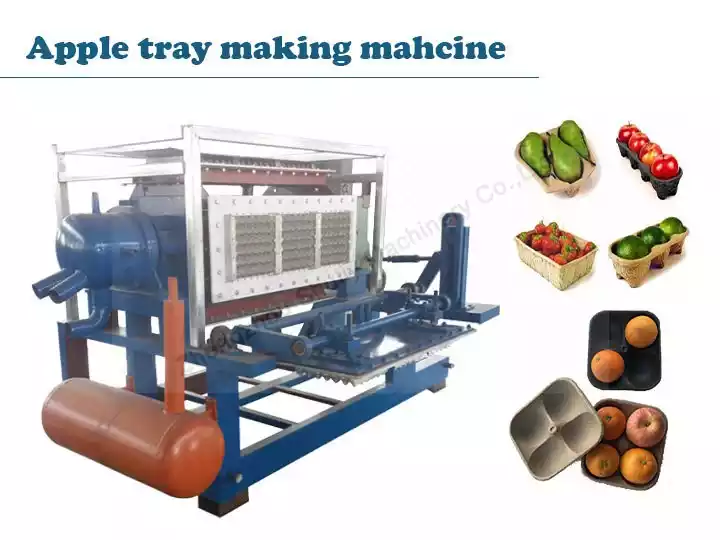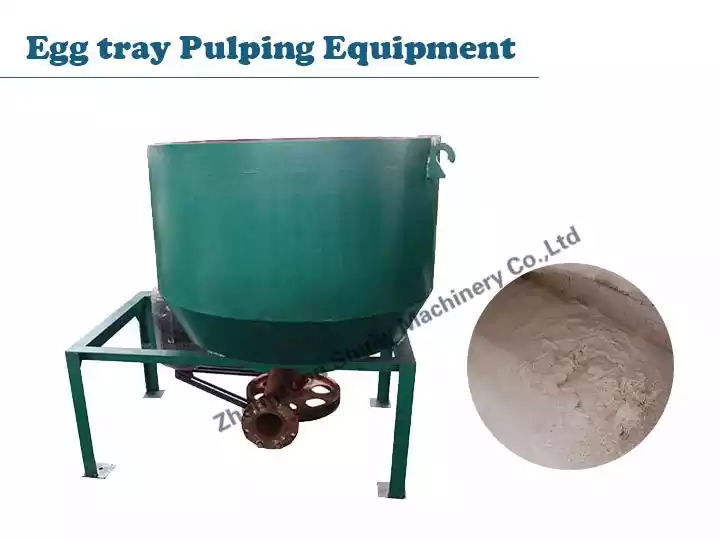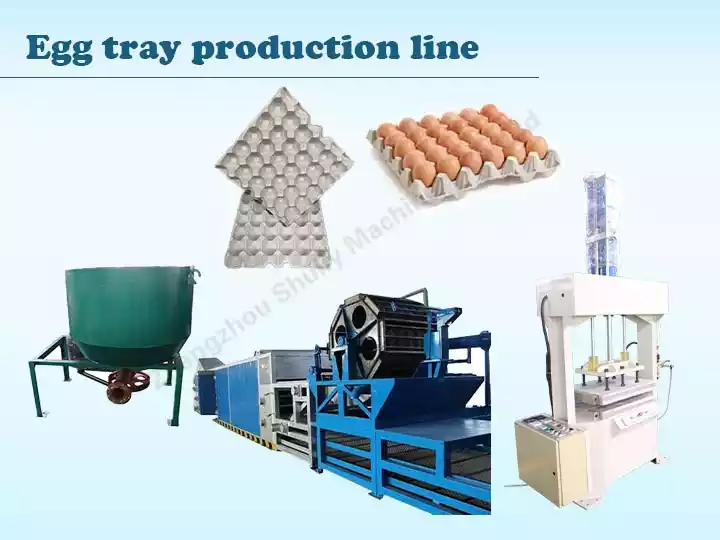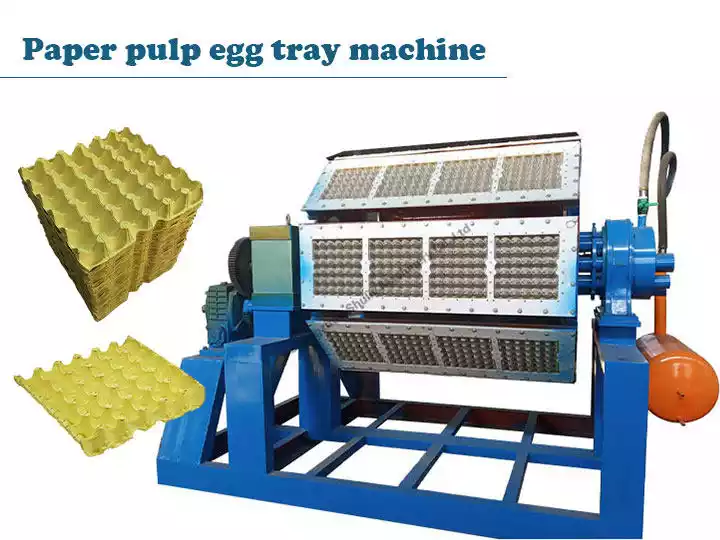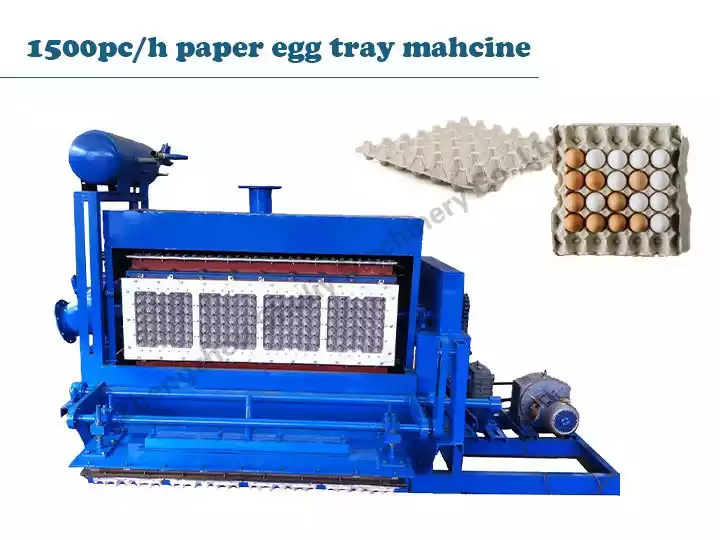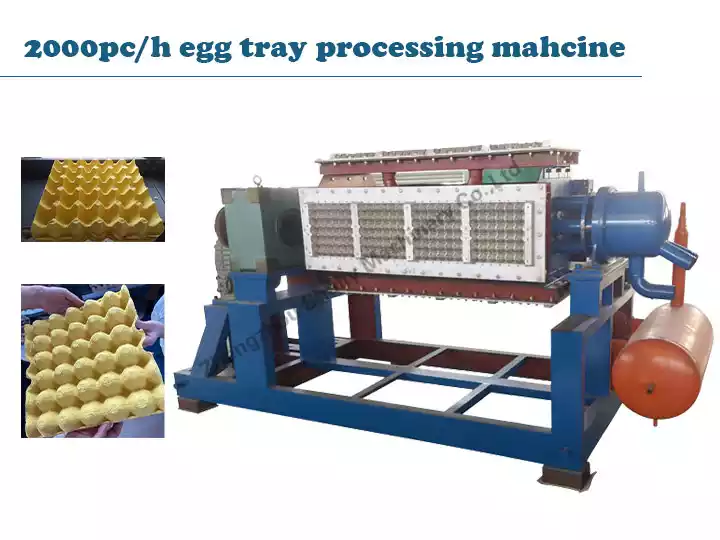계란 트레이의 탄생: 펄프 성형의 원료
오늘날의 현대 세계에서 환경 친화적인 포장이 점점 더 많은 주목을 받고 있습니다. 펄프 성형 기술은 재활용 가능하고 분해 가능한 특성 덕분에 모든 종류의 포장 제품에서 중요한 위치를 차지하고 있습니다.
가장 전형적인 펄프 성형 제품 중 하나로서, 계란 트레이의 품질, 안정성 및 비용 통제 능력은 원자재 선택에 크게 의존합니다. 펄프 원자재의 출처와 특성을 이해하는 것은 제품 성능 최적화의 기초일 뿐만 아니라 생산 효율성과 경제성을 향상시키는 열쇠입니다.
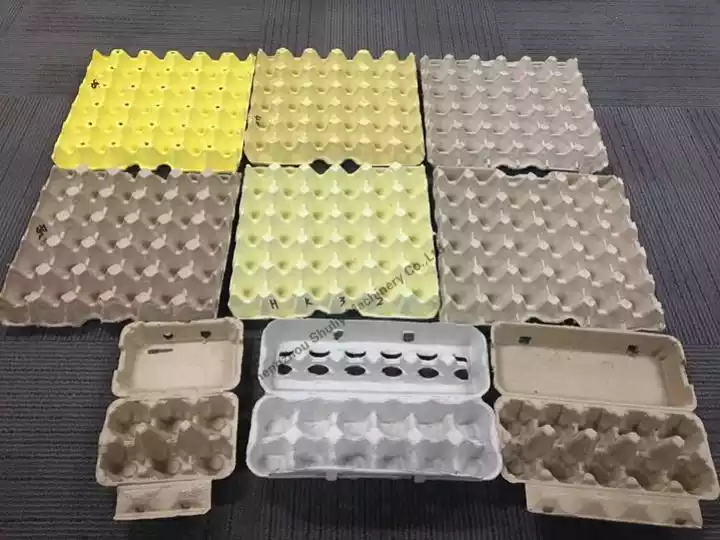
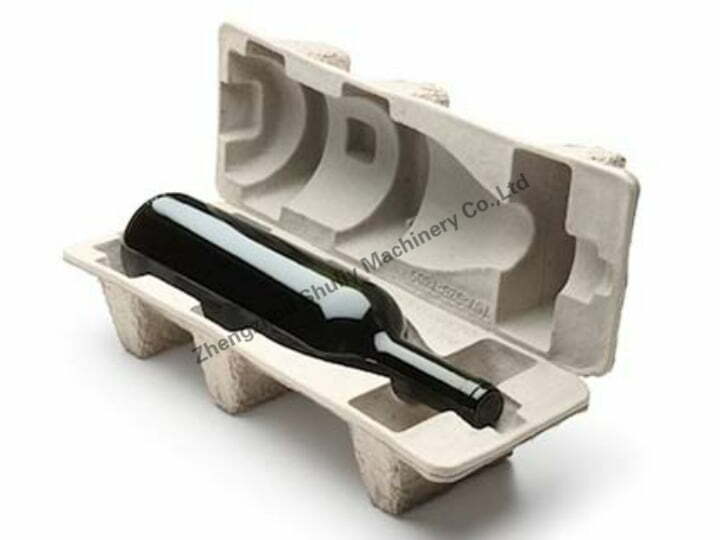
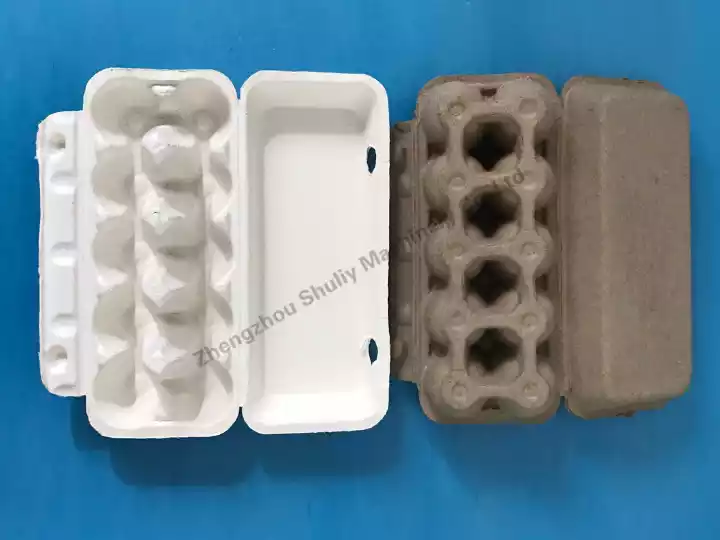
가장 일반적으로 사용되는 재료와 그 전형적인 용도는 아래와 같이 요약됩니다:
폐지
출처: 다양한 종류의 폐신문, 판지 상자, 종이 재료의 모서리 및 가장자리.
장점: 널리 사용 가능하고, 구하기 쉽고, 저렴하다. 섬유가 섬세하고 부드러워서 단순한 구조와 적당한 강도 요구 사항을 가진 계란 트레이 제품에 적합하다.
제한 사항: 낮은 섬유 강도, 고압 저항 요구 사항이 있는 제품 운송에 부적합하다.
일반적인 용도: 소형 및 중형 계란 포장, 슈퍼마켓 배달 및 기타 일상적인 수요 시나리오에 널리 사용된다.
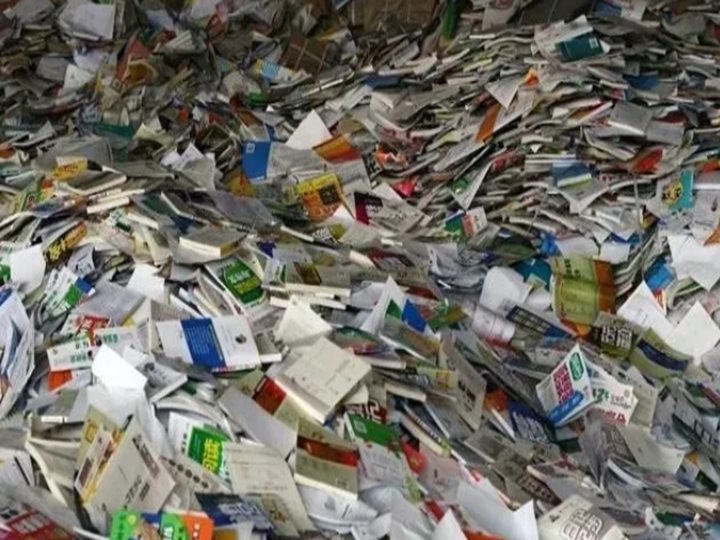

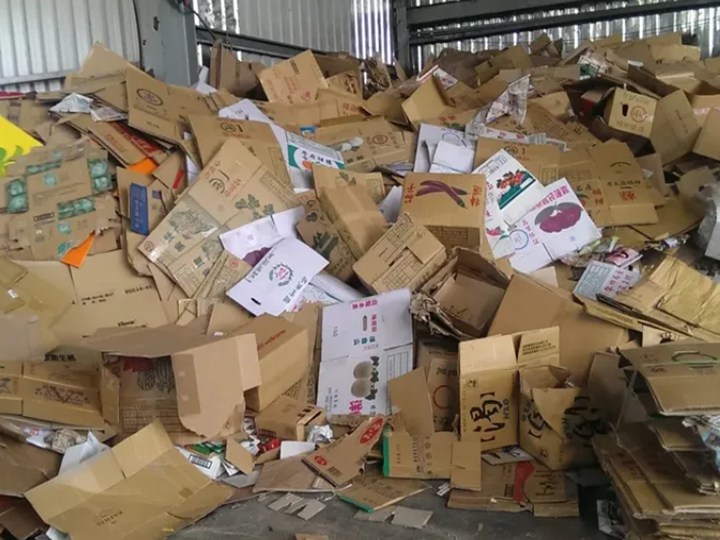
농업 폐기물: 바가스, 짚
출처: 사탕수수, 쌀짚, 밀짚의 가공에서 발생하는 섬유 부산물.
장점: 높은 자원 활용도와 환경적 의미.
제한 사항: 펄프화 과정이 더 복잡하고 장비에 대한 요구 사항이 더 높다.
일반적인 용도: 접시, 그릇, 포장 음식 용기 등과 같은 일회용 식기류에 적합하다.
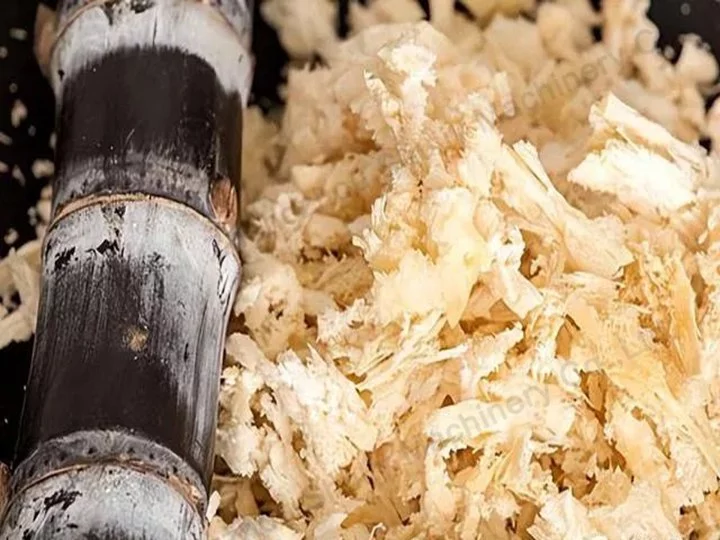
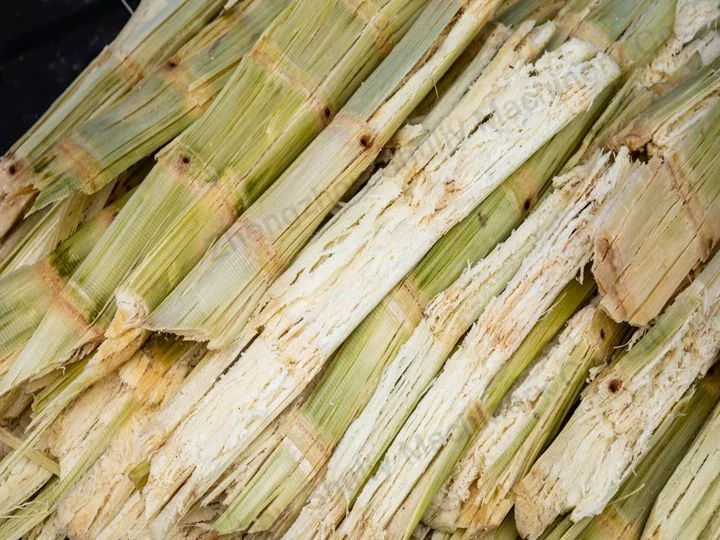
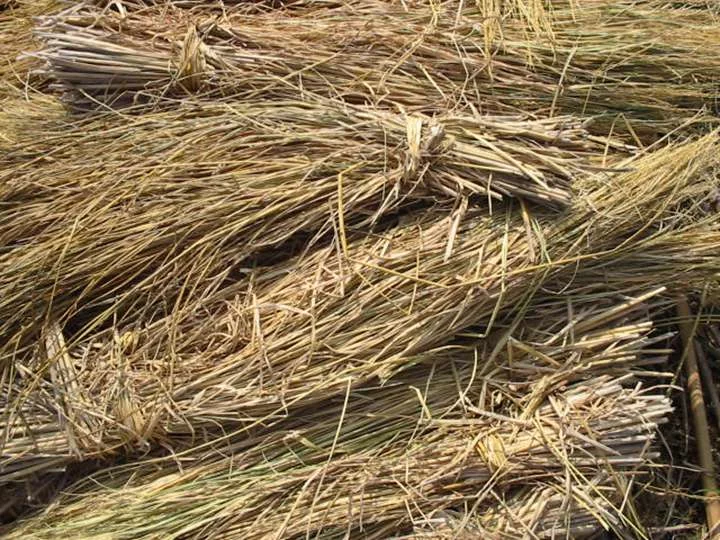
처음 펄프: 나무 또는 대나무
출처: 빠르게 성장하는 대나무 줄기와 목재로 가공된다.
장점: 긴 섬유, 섬세한 성형, 완제품의 좋은 질감.
제한 사항: 상대적으로 높은 비용, 일반적으로 맞춤형 또는 부티크 포장 시장에서 사용된다.
일반적인 용도: 수출용 과일 트레이, 선물 상자 내부 트레이 등과 같이 외관과 내구성에 대한 요구 사항이 높은 고급 계란 트레이.
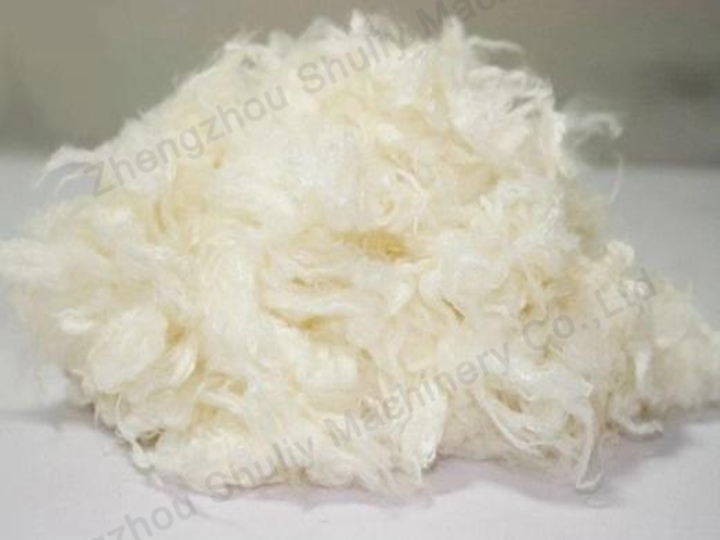
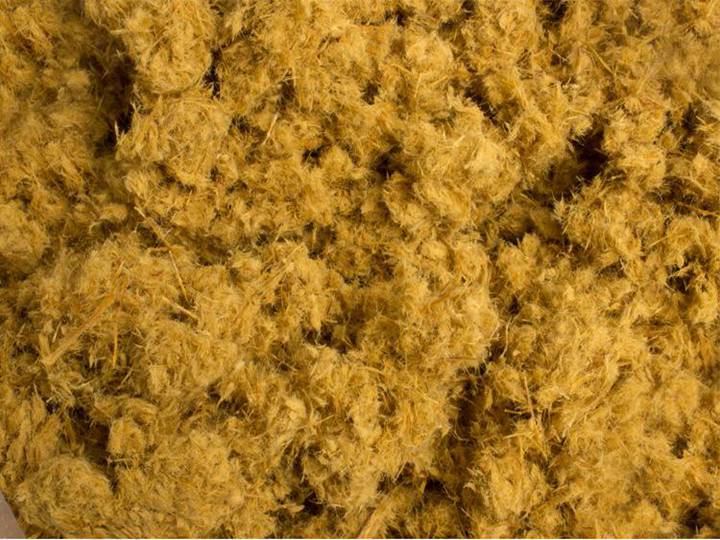
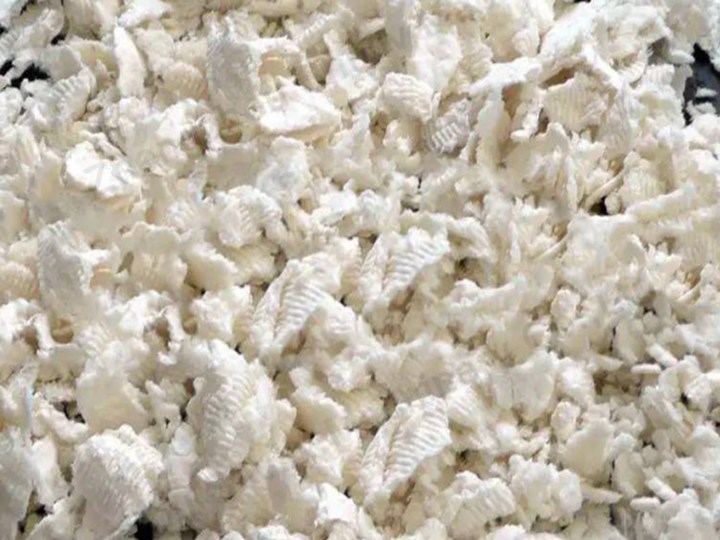
다양한 원자재의 특성을 이해한 후, 이를 효율적이고 안정적으로 성형된 계란 트레이로 변환하는 핵심은 장비의 성능과 적응성에 있다.
우리 계란 트레이 기계와 완전 생산 라인은 다양한 섬유 유형 및 펄프 비율과 호환됩니다. 또한 펄프 가공, 성형, 건조 및 포장에 이르는 전체 프로세스의 시너지를 보장하기 위해 지능형 제어 시스템이 장착되어 있습니다. 높은 생산 효율성과 완제품의 높은 품질 비율을 자랑하며, 비용 통제와 제품 품질을 동시에 요구하는 고객 그룹에 특히 적합합니다.
왜 저희를 선택해야 할까요?
맞춤형 몰드: 다양한 시장 요구를 충족하기 위해 계란 트레이, 오리 계란 트레이, 과일 트레이, 컵 트레이 등을 지원한다.
전압 및 플러그 옵션: 220V/380V와 호환; 플러그 유형은 다양한 국가에 맞게 맞춤화할 수 있다.
고자동화: 자동 펄프 흡입, 성형, 탈형, 열압착 및 건조를 가능하게 하여 인건비를 절감한다.
에너지 효율: 높은 열 효율을 가진 낮은 전력 소비; 가스, 전기 또는 증기 건조를 지원한다.
쉬운 유지 보수: 주요 부품이 내식성이며, 설정을 위한 원격 비디오 지원으로 간단한 유지 보수가 가능하다.
펄프 성형 여정을 시작하려면 저희에게 연락하세요!
펄프 포장에 처음이시든 생산 규모를 확장하고자 하시든, 저희는 전문적인 계란 트레이 기계 조언과 완벽한 솔루션을 제공합니다. 사양, 견적, 비디오 및 샘플에 대해 문의해 주십시오. 함께 친환경 포장 기회를 잡아봅시다!

